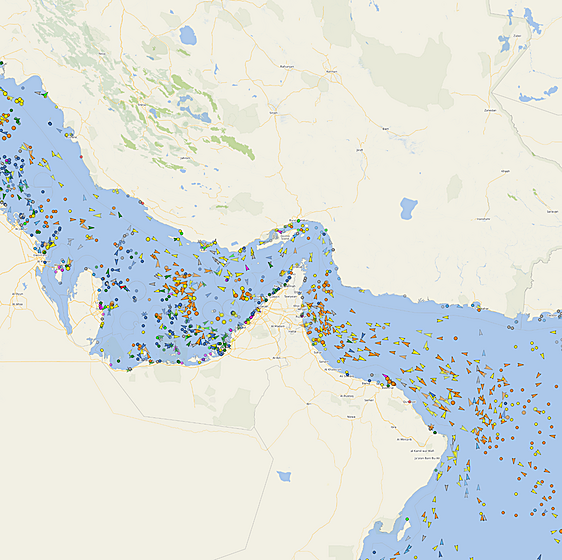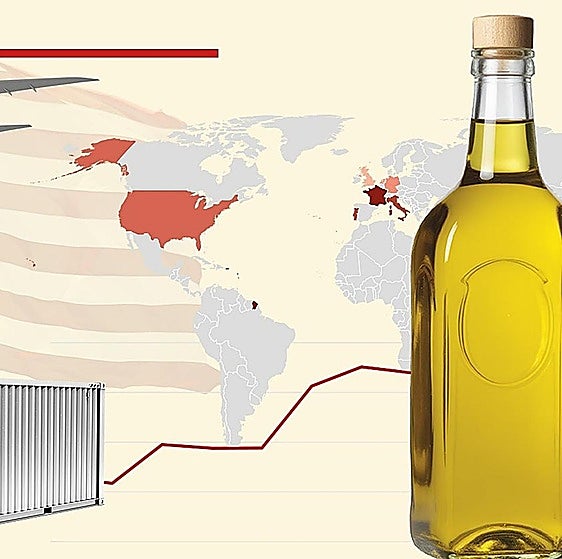Retail: where Christmas comes before Halloween
Shopping habits have turned the commercial calendar on its head as more consumers are starting their festive shopping as early as September, even in Spain
solange vázquez
Friday, 18 November 2022, 15:07
Until not long ago there were certain unwritten rules about celebrations in Spain. Halloween wasn’t celebrated at all and therefore there were no spooky items in shops and supermarkets, and Christmas only started to appear in shop windows and on the shelves in early December: in fact, pensioners used to get cross when they first began to see such items in November, complaining, “They want us to spend our extra pension payment this month before we've even received it.”
Of course, in those days nobody would even have dreamed of putting the Christmas tree up until after the Puente de la Constitución public holiday (6-8 December). We were so surprised when we went abroad and saw how Christmassy everything was, while summer only just seemed to be over in our country.
Now, though, the commercial (and household) calendar has changed and this year something unheard-of happened: Halloween decorations and costumes were in the shops at the same time as Christmas items, which was an unexpected potpourri and an assault on consumers’ senses.
By 31 October, only the Christmas stuff was left and by then it was starting to seem a bit stale because we had been seeing it for so long.
So what's happened? Why has the festive season arrived so early in shops this year? Well, it seems there are three explanations for the phenomenon.
1. We start thinking about Christmas ... in August
Nowadays, the brains in the marketing industry know exactly how consumers behave and that is why, if they decide it is a good idea for shops to stock Christmas items in October, there is a reason. But how do they know how people are going to respond to Christmas coming early?
According to marketing expert Neus Soler, a lecturer in Economics and Companies at the UOC, these companies analyse the conversations they see on social media and online sales platforms and anticipate what people will like. Shops then stock them items that appear to be in fashion and ignore those for which demand is low.
A study published by the Royal Statistical Society, called Does Christmas really come earlier every year? explains that in the UK people start searching online for Christmas goods in August. This is a trend which has accentuated in the past ten years; the report shows that before 2013 the searches began in late November. Consumers seem to be more anxious every year.
Data from Google Trends (which follow the most searched-for items) shows that in Spain the search for Christmas items increased considerably on 25 September this year. “Marketing companies are aware that this is happening; they can see it from people’s conversations. If they bring Christmas advertising forward, it is because they realise it will be well received,” Soler says.
2. If it’s on offer, grab it! These are the post-Covid celebrations
Neus Soler says it makes sense to bring Christmas marketing forward, and especially this year. “It is the first with no pandemic restrictions and people want to celebrate,” she says. And shops and companies are also keen to take advantage of that after the impact of the pandemic, although there were lessons learned from it.
“Businesses plan ahead much more now than they used to. Last year there were supply problems, so this year most shops already had their stock by September and of course they want their material to sell so they can make money,” she explains.
The longer the campaign goes on, the more possibilities there are of selling. “You see turrón in the supermarkets now and a lot of people are buying it. It probably won’t last until Christmas so then they will buy more, and that’s good for business. Bringing Christmas forward is profitable,” she says.
3. Fear that prices will continue to rise
In times of high inflation such as these, when families cut back on their spending, companies need marketing strategies to attract the attention of consumers. Many families have had to tighten their belts and think hard before buying anything, especially things they don’t really need, because of fears that the situation could get worse. Right now there is a certain pessimism among consumers about the prospect of prices going up again in the next few weeks, so many have decided to do their Christmas shopping earlier than usual.
“As people have seen prices rise month after month, a lot of them decided it would be sensible not to wait,” Soler says.
A survey carried out by market research company Sigma Dos showed that inflation affected nearly 78 per cent of Spanish households and more than 75 per cent considered their quality of life to have been affected or strongly affected in recent months. “Consumers were already starting to shop earlier for Christmas, but this year they are doing so even more,” the survey concluded.
This is because people have done their sums and although it is still a long time before the festive season they preferred to start buying food and gifts bit by bit. Nobody wanted to be surprised by another major price increase and not be able to have the Christmas they wanted, because it is difficult for families to save any money these days.
And it is not only consumers who are doing their sums: companies are also trying to manage their money better and bringing Christmas forward helps them to cut down on expense. “The nearer to Christmas we get, the more expensive everything is,” says Soler. The sector has its own inflation.
For retailers, a Christmas campaign is no longer an option: it is essential. Having one, and as for as long as possible even if people are not mentally prepared for it, is necessary to boost sales and “given the commercial situation in the past few years, it could mean the difference between a shop being able to survive or having to close,” she says.



